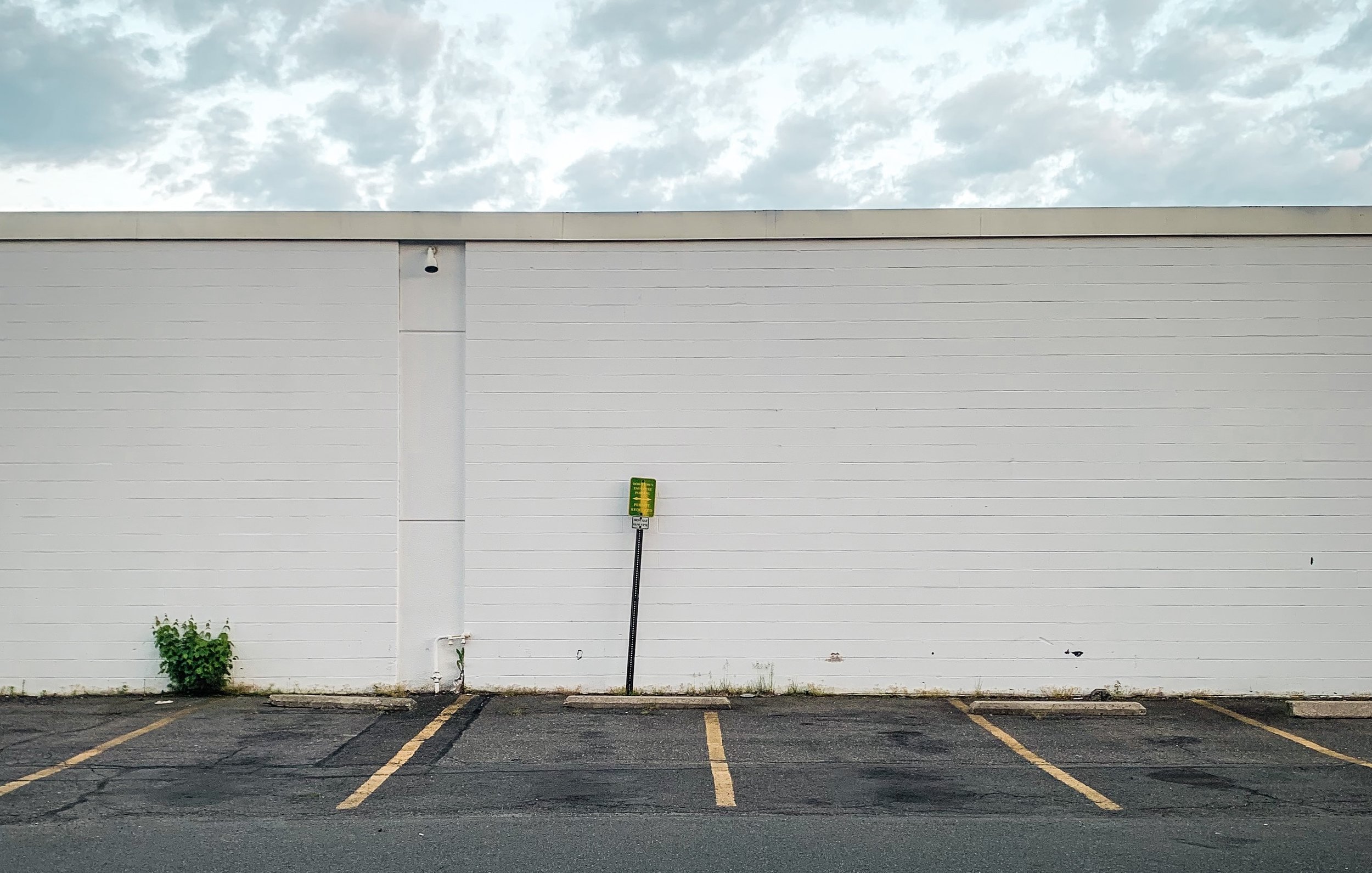To the Astrologer Who Was Mostly Right

I was 16 when I met you, and by then you’d told ten thousand fortunes, maybe more. You were famous in Kolkata: from dawn onwards, a sleepy line would form around your colonial with its crumbling verandah on Kakulia Lane. My mother, a professor, had known you for years, and always known how to charm her way to the front of these impossible lines.
My mother had started her small college’s study abroad program in India, and visiting you, the famous astrologer, was always a destination on her itinerary. The day I met you, my uncle had fallen ill and was taken to the hospital for what would in time be diagnosed as a neurodegenerative disease. My mother—who operated as translator on these trips—went to the hospital to be with him. The five students in that year’s cohort, who’d been waiting patiently to have their futures illuminated, were left without a guide. As reputable as you were, it was also true that your English was terrible.
So, on that July day with the monsoon passing through, it was my job to translate. I should say that the students weren’t pleased. They trusted my mother, but didn’t know me, an ungainly high schooler. Though only a few years older than I was, they considered themselves to be more worldly just by virtue of being undergrads. You seemed nonplussed by the whole arrangement, but by then—you were eighty at the time, with untamed white eyebrows and a few missing front teeth, so that whenever you spoke it sounded like thunder breaking—you’d surely seen all manner of follies in the service of hearing your words.
The first student to see you was Jack. Jack played on the football team and considered himself a rationalist. I didn’t know what that meant, but that’s how he described himself in the waiting room. He said he didn’t believe in the mysterious, the uncanny, and was a devoted Utilitarian. While I was impressed by his conviction, I could also smell his sweat. For Jack, the trip to the astrologer was part of the game of visiting India. Years afterward, Jack became a stockbroker on Wall Street with his own penthouse. But in that moment, he was not unlike me, a little older, but with a similar desire to prove something to the world.
Despite all the pre-game talk, when he walked in to see you, I could tell Jack was nervous.
Jack said something like, “What’s up?” Some phrases you just don’t use with an eighty-year-old astrologer. I remember how you, unsmiling, gestured him to the black chair that was as wide as a throne, and me to the stool next to it. Jack mostly wanted to know about his career, what he’d do with his life, how much money he’d make. He leaned forward in his seat, his face set in a grimace, as if we were preparing for a run at fourth and goal.
You didn’t say anything for what seemed like minutes. Instead, using his birth time and place, you made his chart, lovingly, your hands shaking to form the geometry. You were so quiet that I cleared my throat and translated Jack’s question again: “He wants to know what kind of work he will do.”
Finally, you looked up: not at me, but straight at Jack, and spoke like the thunder I knew from watching the trees and the clouds from my balcony, the thunder before the storm, and I was unprepared for your poetry. Bengali can feel as if it’s two languages. There’s the colloquial Bengali I spoke to order street food, filled with slang and the detritus of interspersed English words. And then there’s the older Bengali, which can sound almost like Sanskrit in its use of the archaic, its long euphonic rhythms.
From an early age, my parents had given me Sanskrit lessons, so I was able to follow your diction. But there was something in your delivery, in the matter-of-factness by which you spoke of Jack’s life, using phrases as old as the night-time rituals in Varanasi, that tripped me up. I asked you to slow down, to go phrase by phrase. You looked at me annoyed, but you agreed, the thunder becoming the roil of a calm ocean.
“You were eighty at the time, with untamed white eyebrows and a few missing front teeth, so that whenever you spoke it sounded like thunder breaking.”
You told Jack what I now know is the truth: that he would be exceptionally successful in his work, that he would become wealthy beyond his expectations. That he would make money by making money. That phrase was particularly hard for me to translate. I didn’t know the Bengali for investments, and I don’t think you did either. So we danced around the specifics of the vocation until we found a suitable phrase. When you were done with him, Jack left beaming, renewed, as if he’d already willed his future into being.
The other student I remember clearly from that day was Cara. Like Jack, Cara kept up with my mother for years after college. Knowing second-hand about her life, I can speak in some way to the veracity of your performance on that day, as it were. At the time, Cara was dating Jack, and though Jack hadn’t asked about his love life, that was Cara’s chief interest.
As with Jack, you pored over Cara’s chart before saying a word. During that time, Cara talked with me. Maybe because she was nervous, and this was her way of channeling anxiety, she asked about my life: my writing (such as it was then), where my family lived, how my uncle was doing. He wasn’t doing well and hadn’t been for some time. My uncle directed films we watched in cinemas, but he’d been caught off-guard by a series of maladies we hadn’t yet named. The filmmaking had stopped and the family was in debt.
I remember you interrupted our conversation by turning to me. “It’s not all good news,” you said plainly. There was something in your voice that made me think it was my job to mask the poor tidings, to make them slightly more palatable as they crossed the language barrier. While you spoke without hesitation about a future of broken relationships—forget Jack, the many to follow would also come and go—I did my best to soften the prophecy. When it was done, Cara was polite in thanking you, but I could tell you’d wounded her in some deep way. I hoped I’d lessened the wound with my choice of words, my tone, my insertion at times of “maybe” and “perhaps,” avoiding the calamitous sureness with which you spoke about her life.
“Looking back, I can see you were trying to compliment my future life. What is more pleasurable than the happiness of the ordinary?”
She left, and it was just the two of us. I was going to leave when you asked for my hand. I leaned uncomfortably by your desk while you inspected the lines. All day, you hadn’t looked at a single palm, preferring instead to read the students’ charts, but here we were in this unexpected intimacy. I could feel your own palms, soft with age, not a callus anywhere. You knew my chart, of course. My parents had come to you when I was just born; they have a whole book about my life I’ve never read, which you wrote.
For the first time that day, you smiled. You looked like a boy chasing a football on a dusty lane who comes across an unexpected sweet. “You will do ordinary things,” you said. “Good things, but ordinary.” Looking back, I can see you were trying to compliment my future life. What is more pleasurable than the happiness of the ordinary?
I’m now in my early forties and I know that some of your predictions were correct. For those that missed the mark, I’d like to think you said: probably, maybe. That you were uncertain about the life paths that didn’t come to be. Jack is rich, and the little I know of Cara is that she’s suffered through two divorces and still lives by the college. When it came to my uncle, though, you were wrong. While you promised otherwise, he died a few years later. He never made another movie. We still watch his old films on VHS.
About me, perhaps, you were correct. I have done a few ordinary things. With the time I have left, I hope to attend to a few more.
About the Author
Jai Chakrabarti is the author of the novel A Play for the End of the World (Knopf), which won the National Jewish Book Award for debut fiction, was the Association of Jewish Libraries Honor Book, and was long-listed for the PEN/Faulkner Award. He is also the author of the story collection A Small Sacrifice for an Enormous Happiness (Knopf, Feb 2023). His short fiction has appeared in One Story, Electric Literature, A Public Space, Conjunctions, Gulf Coast, Michigan Quarterly Review, and elsewhere and has been anthologized in The O. Henry Prize Stories, The Best American Short Stories, and awarded a Pushcart Prize and also performed on Selected Shorts by Symphony Space. His nonfiction has been published in The Wall Street Journal, Fast Company, Writer’s Digest, Berfrois, and LitHub. He was an Emerging Writer Fellow with A Public Space and received an MFA in Creative Writing from Brooklyn College and is a trained computer scientist. Born in Kolkata, India, he now lives in New York with his family.
Read Jai’s “Behind the Essay” interview in our newsletter.
Header photo by Om Prakash Sethia.
Edited by Tusshara Nalakumar Srilatha.











